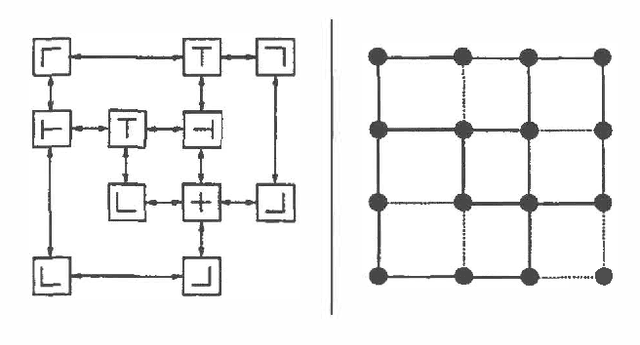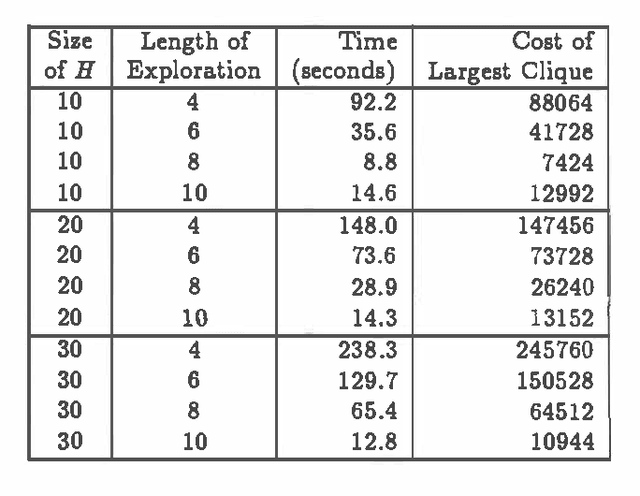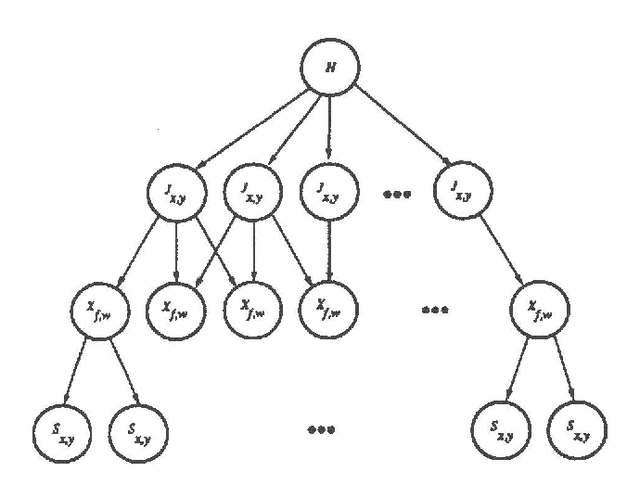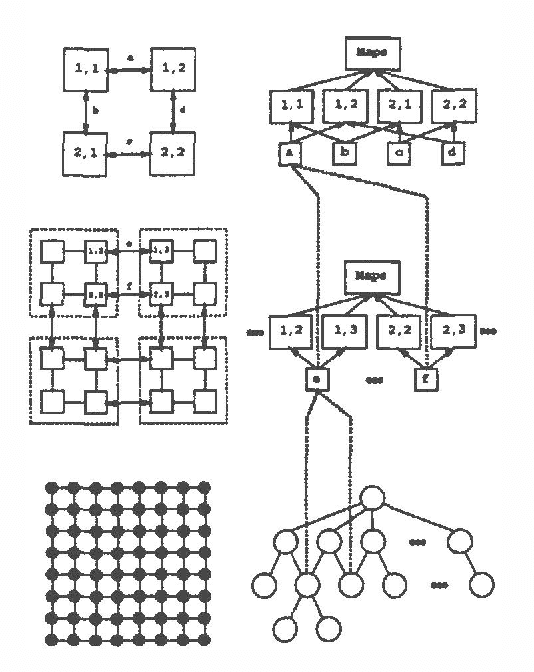K. Bayse
Reducing Uncertainty in Navigation and Exploration
Mar 27, 2013



Abstract:A significant problem in designing mobile robot control systems involves coping with the uncertainty that arises in moving about in an unknown or partially unknown environment and relying on noisy or ambiguous sensor data to acquire knowledge about that environment. We describe a control system that chooses what activity to engage in next on the basis of expectations about how the information re- turned as a result of a given activity will improve 2 its knowledge about the spatial layout of its environment. Certain of the higher-level components of the control system are specified in terms of probabilistic decision models whose output is used to mediate the behavior of lower-level control components responsible for movement and sensing.
 Add to Chrome
Add to Chrome Add to Firefox
Add to Firefox Add to Edge
Add to Edge